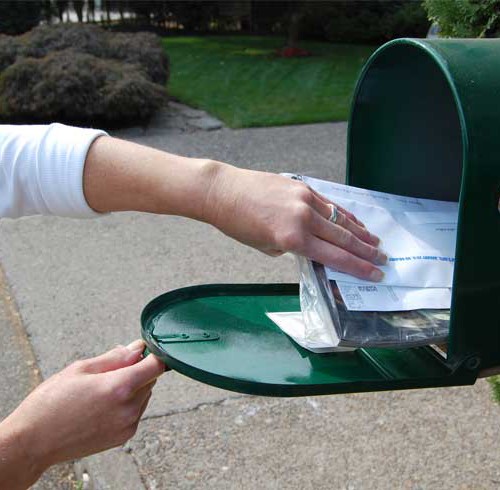Google May Soon Be Offering New Method For Targeting Ads
The Wall Street Journal has reported that Google is currently in talks to allow advertisers to target ads in search results at their existing customers in a new way. According to unnamed sources, Google’s proposed idea is that advertisers would hand over customer information, such as email addresses, which Google would subsequently use to target the ads.
If this report is true, Google would be making a similar move to Facebook’s “Custom Audiences”, which was launched in 2012 and has been helping the social media network’s digital advertising presence to creep up on Google’s lead. In 2014, Facebook’s ad revenue grew 65% to $11.5 billion, while Google’s ad revenue grew 17% to $59.1 billion. Clearly, Facebook’s “Custom Audiences” service dramatically increased its ad revenue, and it’s therefore not surprising that Google would be considering launching a similar service.
The Journal’s report says that Google will be launching this new ad-targeting method either later this year or early next year. At least initially, the strategy would be limited to search results and would not include banner ads.
For dealerships and digital marketers, Google’s new ad-targeting offering would provide them with another method to reach customers when they are searching for products, as opposed to simply running general ads when customers aren’t necessarily shopping. For example, if a person makes a purchase from a dealership, the dealer could give the email address of the customer to Google. The dealership could then bid to show relevant ads to that customer when they search for a related product on Google.
Additionally, the dealership could tailor its Google ads based on additional information that it knows about the customer, such as age, gender or prior purchases. The data could also provide both Google and advertisers with a greater understanding of the relationship between online ads and the real-world purchases of consumers. The possibilities for auto marketers and other advertisers are certainly big, and Google’s new ad-targeting service will definitely be an interesting option if the offering comes to fruition.
How would Google match email addresses on its end?
Although this detail isn’t yet clear, the Wall Street Journal wrote that people familiar with the matter said that it could use Gmail addresses. A large number of those who use Google services such as Gmail, YouTube and Google Maps also provide secondary email addresses to the company, which could be utilized for matching purposes.
Although Google does in fact already allow advertisers to target search ads to users who have previously visited the advertiser’s website, the new ad type would be different as it would rely on information that the customers themselves have provided, such as their email address.
As mentioned earlier, Facebook has been experiencing a great deal of success with its similar “Custom Audiences” service. In addition to providing the ability for a business to upload a list of people who made a purchase from them and then targeting those people with ads that are relevant, Facebook also allows marketers to compile a list of “lookalikes”. In other words, people that Facebook determines to be similar to the advertisers’ customers based on their interests, age or gender. This ad type is considered to be very effective. For example, Adobe Inc.’s Media Optimizer unit reported that in one study, lookalike ads led to three times the sales of standard Facebook ads. According to the Wall Street Journal’s report, Google is also considering offering a similar “lookalike” targeting option as part of its new service.
It’s important to note that none of this information has come from Google itself, but we’ll be watching to see if an official announcement comes at some point soon to confirm that this new ad-targeting service is actually on its way.













Warning: count(): Parameter must be an array or an object that implements Countable in /home/pg4b1yzvrqqo/domains/test.drivingsalesnews.com/html/wp-includes/class-wp-comment-query.php on line 399
Lot’s of other companies have been doing this for years. All the PII is stripped out before going online which helps mitigate the privacy concerns.
What Google will likely offer are low or no minimum spend and a very accurate Gmail matching. They will likely fall short on matching for all the yahoo, hotmail and all other email service providers unless they start to gather or buy that info too.
The problem dealers will have is scaling this. The services that offer this now (they call it CRM Targeting) typically match 30-40% of email addresses to online consumers. Dealer’s generally only have a few/several thousand email addresses on file. Take 30-40% of that and you are very limited on scale.
This is a great arrow to add to your quiver of marketing tools but definitely not a silver bullet.
But what about the consumers privacy? How many consumers are going to give up their “good” email address to dealerships anymore? If it will be shared with Google to be targeted by ads, dealers will be less likely to obtain an email from the consumer that can be used to stay in contact with after the sale or service. Ads on FB are nuisance, and have annoyed so many people that they don’t “Like” business pages anymore for fear of having “targeted ads” placed along and in their news feeds. I fail to share in the excitement of this.